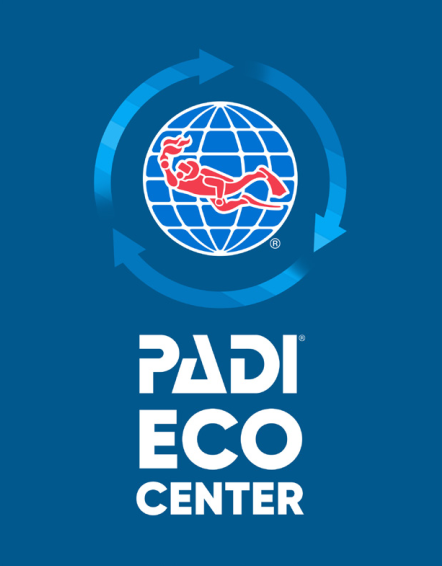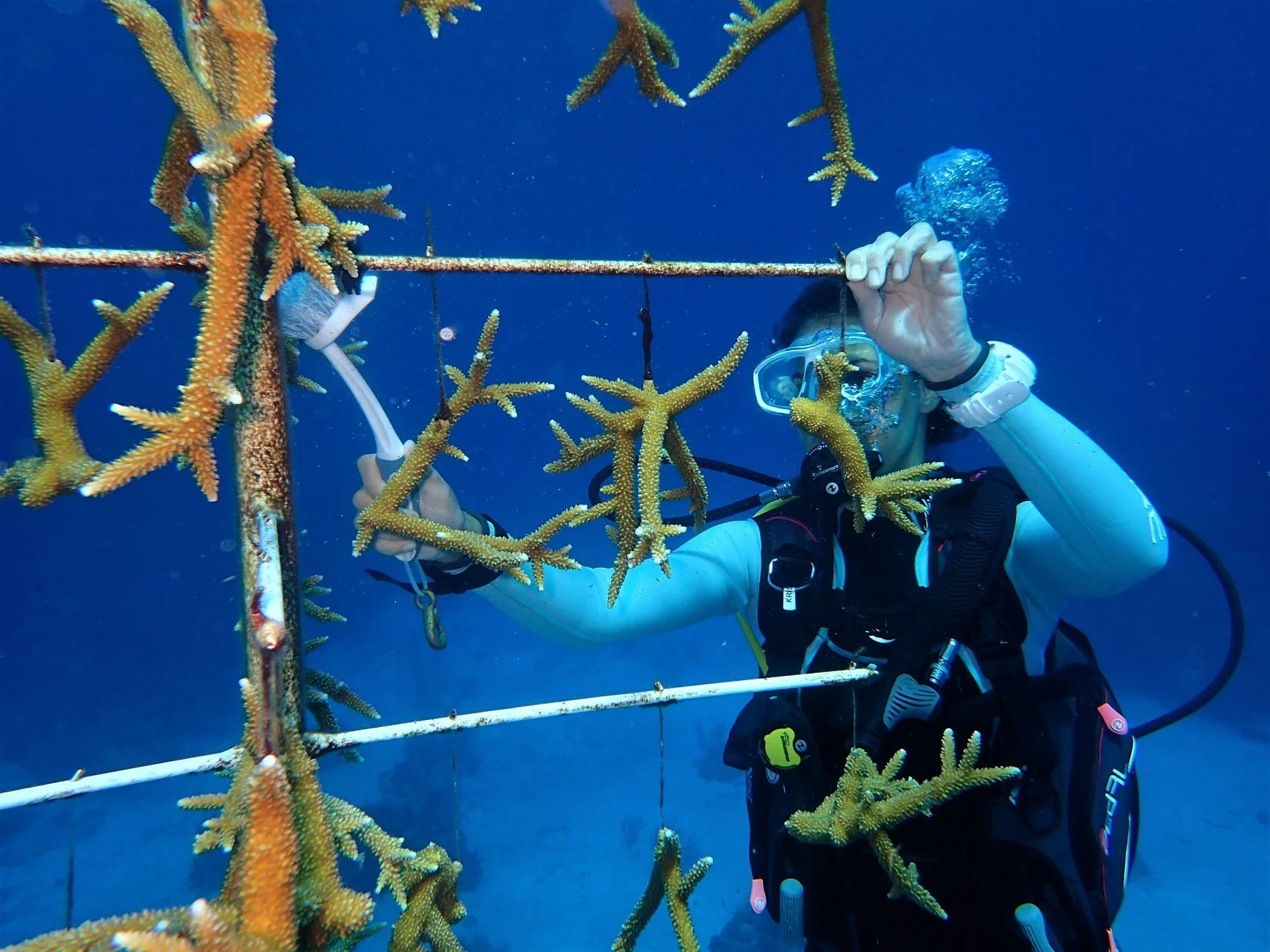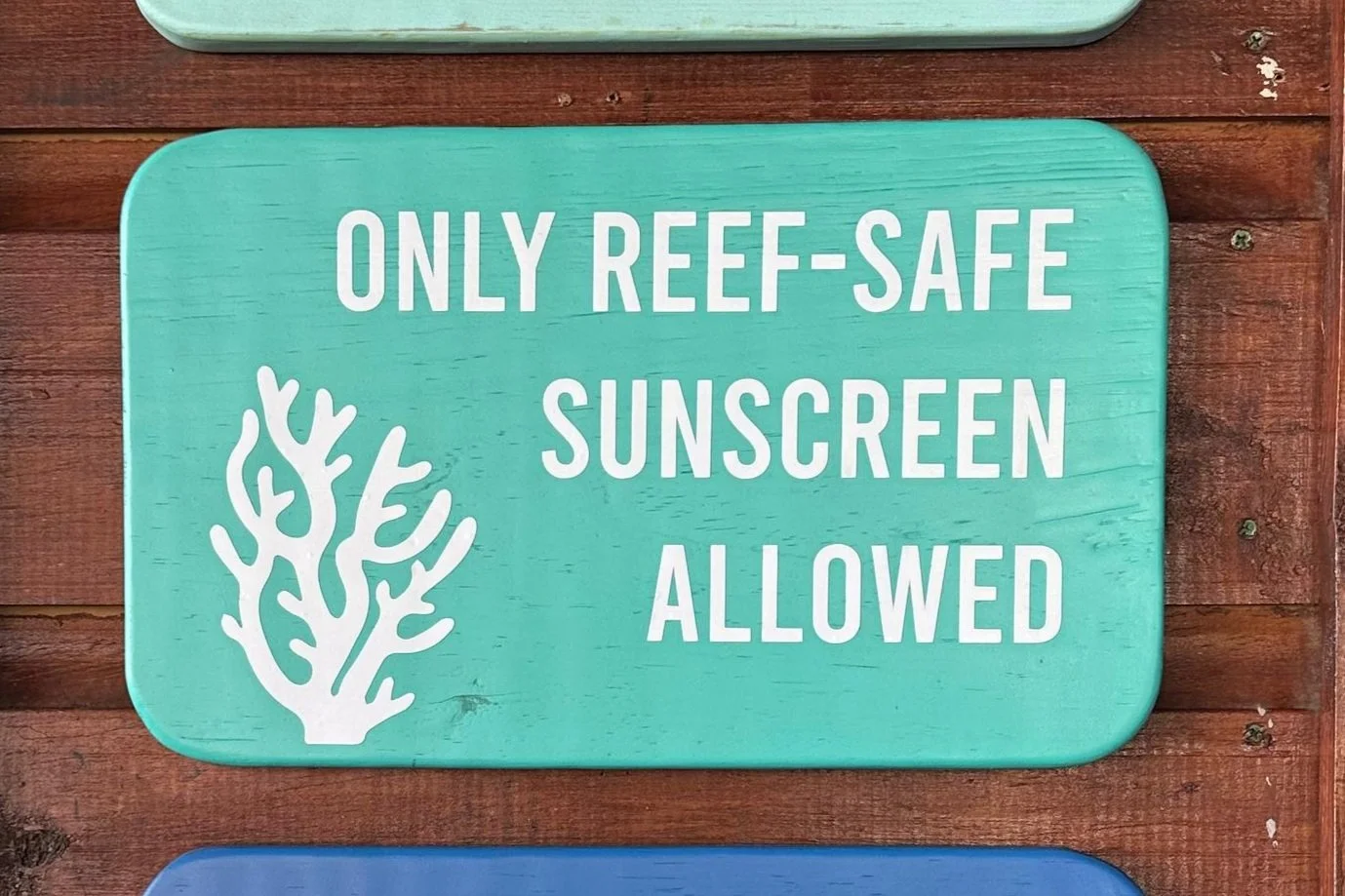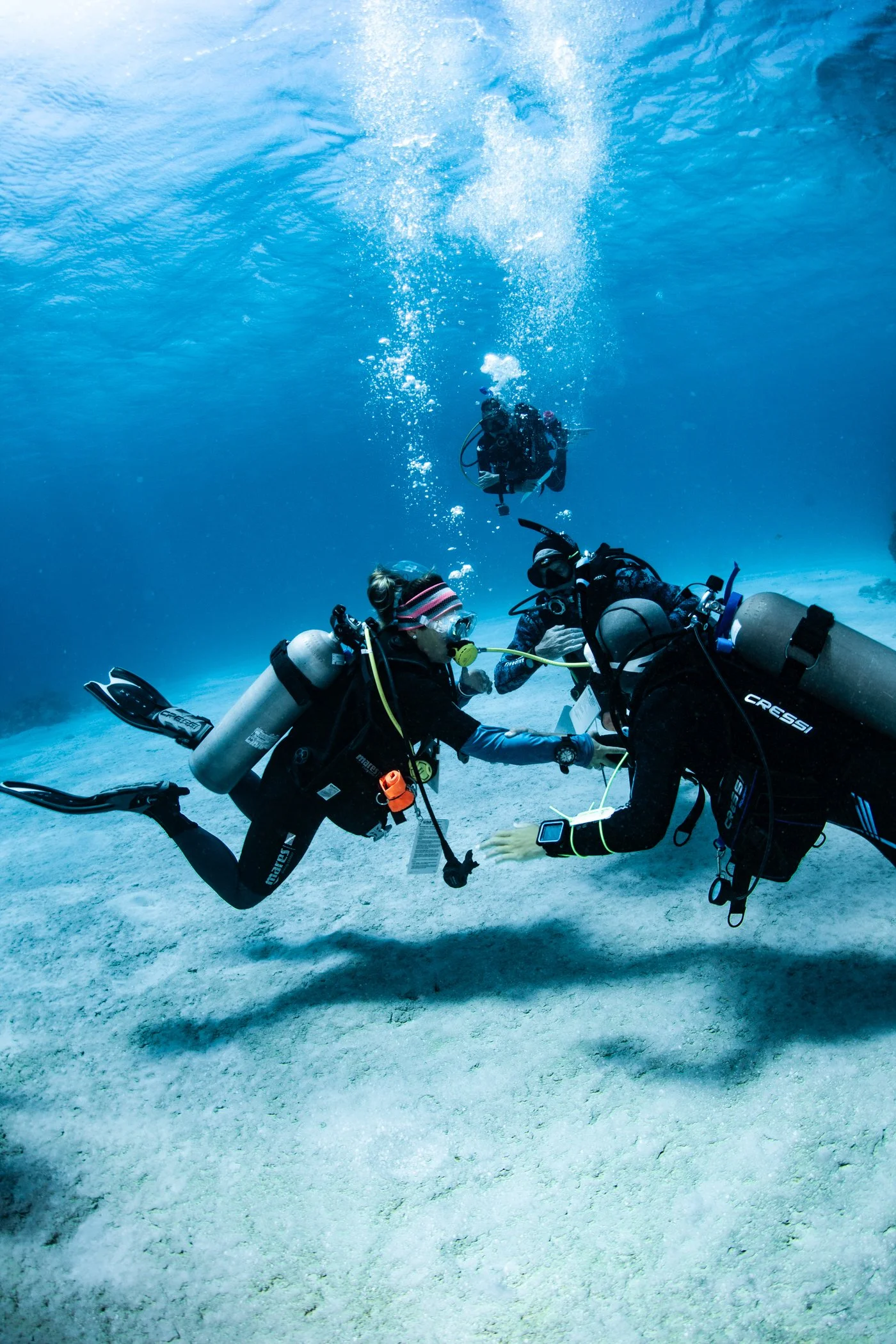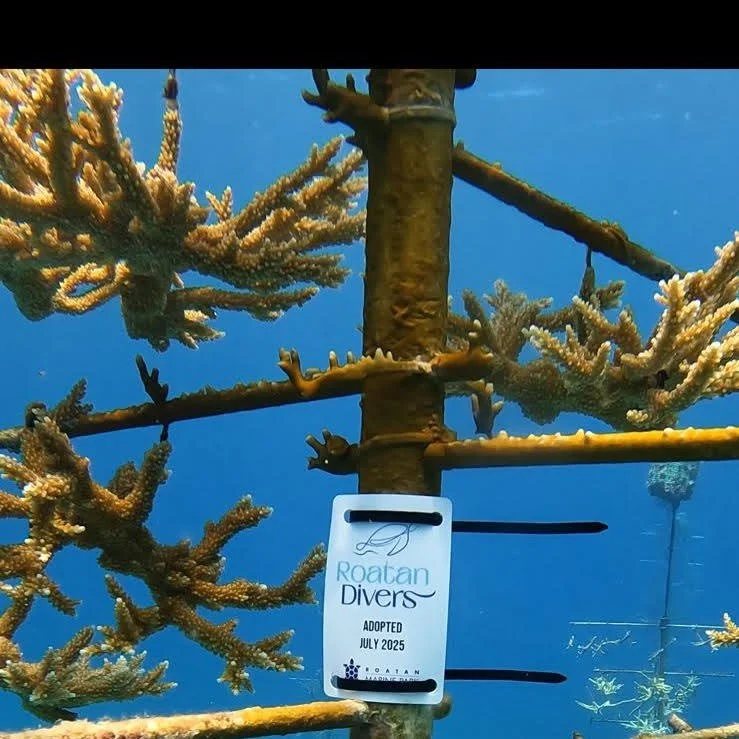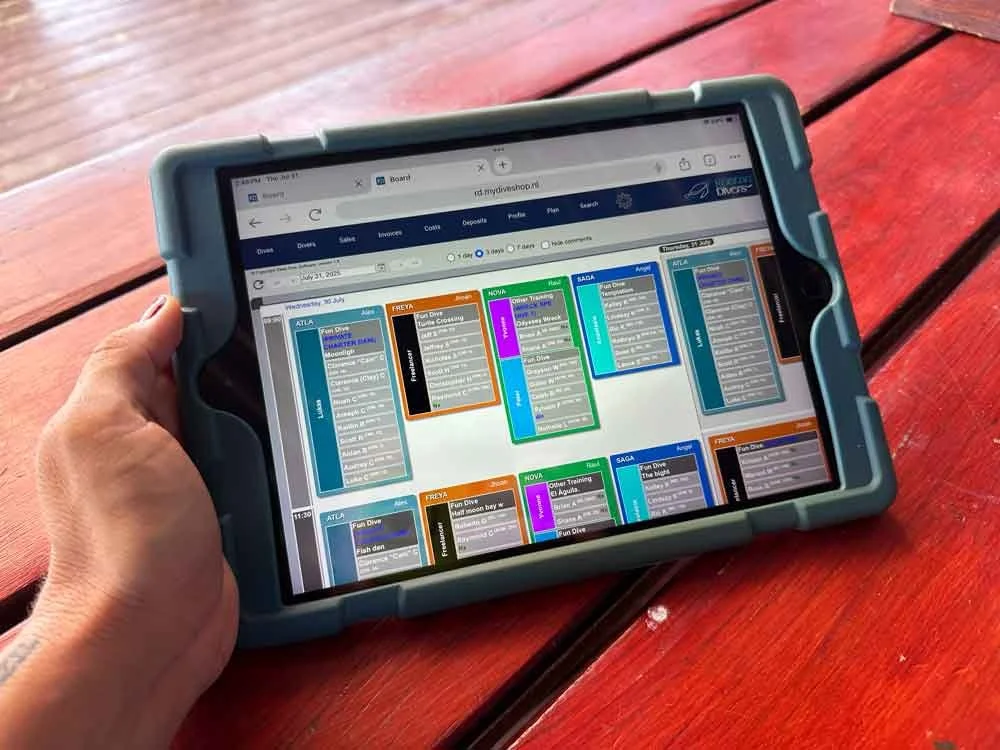Conservation
Sustainable Diving Practices
From thorough briefings to the use of environmentally responsible products and active ocean advocacy, our team is always monitoring divers to minimize impact and educate them about marine life.
Only Reef-Safe Sunscreen Allowed
We strictly allow only reef-safe sunscreen in all our operations to protect the corals. This policy was implemented to raise awareness about how harmful certain sunscreens can be to marine life.
Beach Cleanups
We clean our little beach every week and also take part in the community beach cleanups at Half Moon Bay.
Teaching with Purpose
All courses, from Open Water to Instructor level, are taught in neutral buoyancy from day 1, ensuring divers learn to protect the marine life from the very beginning.
Green Fins Member
As a certified Green Fins member, we follow strict environmental guidelines to ensure sustainable diving practices and minimize our footprint.
Conservation Education
We’re proud to have an in-house instructor qualified to teach the RMP Coral Restoration Specialty and the Lionfish Hunter Workshop, offering divers a chance to engage in hands-on marine conservation.
Sustainability and ocean protection have always been at the heart of Roatan Divers, and we’re proud to take our commitment even further by becoming a PADI Eco Center
Here’s how we’re turning our love for the ocean into meaningful action:
Supporting Local Marine Park
We’re proud to sponsor and actively support Roatan Marine Park initiatives, including the Coral Restoration Program, Coral Spawning Monitoring, and Community Patrols. We even have our own coral tree in the nursery!
Going Digital
We minimize paper waste through digital check-ins, diver liability forms, dive board planning, and full integration with PADI’s eLearning and digital form. Less paper means less carbon footprint
PADI Adopt the Blue
We’ve adopted a dive site called Angus’s Aquarium, a spot often visited by snorkeling tours, where we host monthly Dive Against Debris with our divers and staff.

